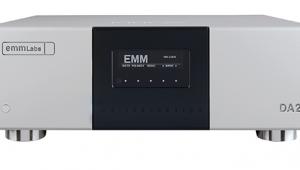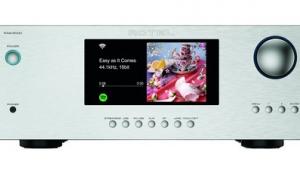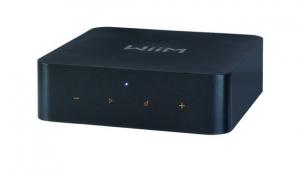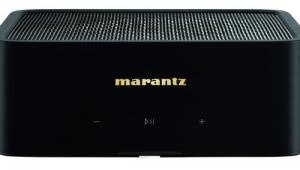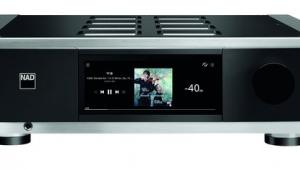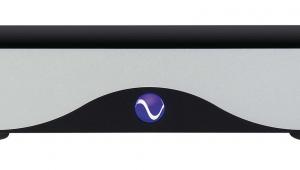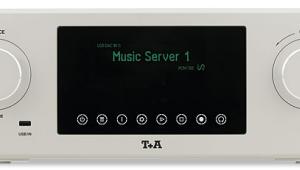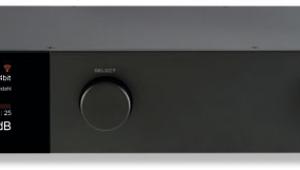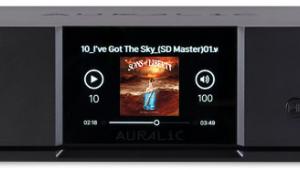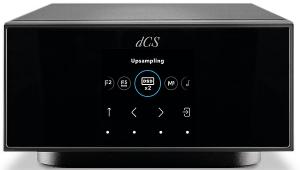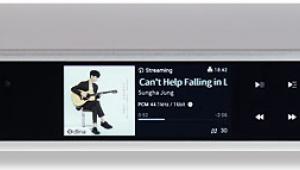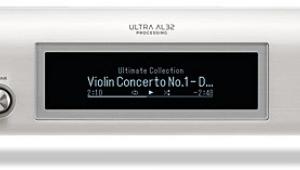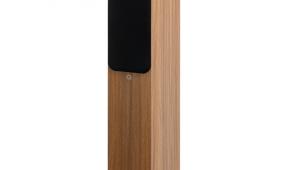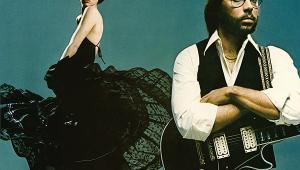Aurender A30 Digital Music Player
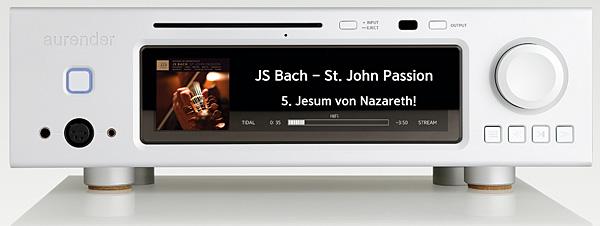
 This high-end digital music machine is a comprehensive package offering ripping, storage, streaming and a built-in DAC. Is Aurender's flagship player master of all?
This high-end digital music machine is a comprehensive package offering ripping, storage, streaming and a built-in DAC. Is Aurender's flagship player master of all?
For many hi-fi enthusiasts, the idea of 'computer music' is still an alien one, not least because what's claimed to be a simple way of accessing music can seem to be extremely complex. After all, unless you're going to listen to everything via online streaming you need a means of ripping your existing discs, a way to tidy up the metadata tags used as signposts for indexing and search, and of course somewhere to store all the music files. And that's before you even think about how to play it.
Korean-based Aurender has the solution, in a range of server/streamers, of which the £19,000 A30 is among the most comprehensive, adding to internal storage and streaming capability a slot-loading TEAC CD transport, to rip music onto its internal drive. If such a rip/store/stream configuration seems familiar, it may be from past reviews of products from another Korean company, Novatron, and its range of Novafidelity units [HFN May '19]. In practice, Aurender's products are pitched somewhat higher, as the pricing suggests.
Cache Flow
In an age where so much hi-fi equipment is, at heart, a music-playing computer, with varying emphasis on the first and second parts of that description, the claim for Aurender is more thoughtful. Along with other high-end brands, such as Melco [HFN Jun '19], rather than starting with the processor hardware then working out a way to make it sound good, Aurender begins with the audio engineering, and then incorporates the computer stuff.
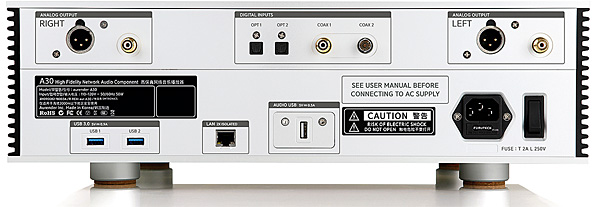
For example, look at how the A30 stores and serves music: the main storage here is a single 3.5in 10TB hard drive – for which much praise, as so many 'audiophile' servers of this kind have a relatively paltry capacity of just a few terabytes maximum, requiring extra drives to be hung off them for larger music collections. However, following the belief that solid-state drives, or SSDs, are better suited to music playback than old school spinning-disk storage, the A30 caches music on its way to playback via a 480GB internal SSD.
OK, so not everyone agrees with the 'SSD good, HDD bad' view – Melco, for example, sticks to 'audio optimised' 2.5in miniature HDDs in its digital music library machines – but it's good to see Aurender taking the trouble to buffer its data from the perceived effects of the way in which it's stored. And it does so without what would be the considerable expense of all-SSD storage, or limiting the capacity of the A30 to that of a couple of SSDs.
The company explains that its system 'minimises wear and tear on the main library hard drive. By caching files to the solid-state drive for playback, electrical and acoustic noise resulting from spinning disks, moving heads and motors are also completely eliminated', and adds that 'If a selected song or album is already cached to the solid-state drive, the hard drive remains asleep'.
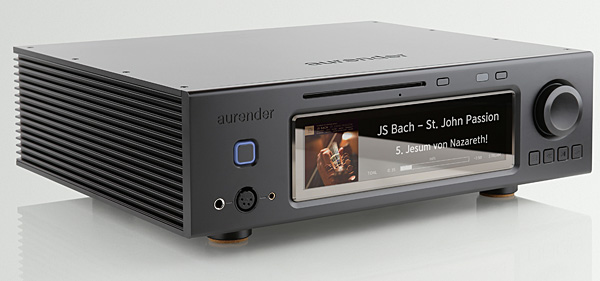
Critical Listening
Also employed in the quest for better sound is a fully linear PSU, with extensive shielding to keep noise away from the DACs and audio electronics. In fact, the A30 uses no fewer than four toroidal transformers, powering the server system, digital output, and the dual DACs, while a capacitor-based uninterruptible power supply protects the unit from power outages. For all that power supply separation, Aurender also provides a 'Critical Listening Mode', which shuts down the CD-ripping electronics, the panel illumination and some other background functions, thereby reducing noise and allowing system resources to be dedicated to the task at hand.
Dual-mono AKM AK4497 DACs feature in the analogue section, the A30 providing both MQA decoding and upsampling to 705.6/768kHz for all PCM-based files, as well as DSD up to DSD512. In addition there are user-adjustable digital filters plus the facility to manage analogue filter current, and the master clock generator is implemented on FPGAs for accuracy and jitter reduction.
As well as both RCA and balanced XLR analogue outputs, usable at either fixed level or straight into a power amp with variable level, the A30 also offers a shielded, low-noise USB output, allowing it to be used with an outboard DAC. Standard digital inputs are included, and the A30 incorporates a dedicated headphone amp section, with a choice of three front-panel sockets for conventional and balanced headphone connections.


